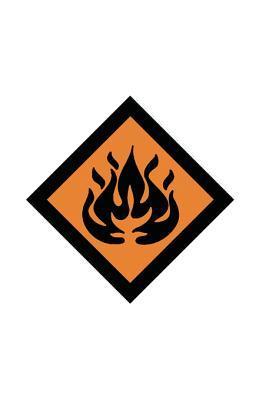I think 2016 was the year of reading books that I found difficult to rate. This one might be the hardest.
I kind of hated the first half of this book. Like, really hated it. Around page 50, I was this close to DNFing this mofo. But I was so close to my year end reading goals, and it wasn't a super long book, so I pushed on through, with mixed results.
Thomas is such a turd, for starters. I am not saying he is an unlikable character, because unlikable characters don't generally turn me off on their own. He is just kind of... there. I am not sure what made him so boring for me, as the author made efforts to give this guy some dimension - he's got a slew of mental health issues, his life has been disrupted by his abandoning a difficult career path that he has been pushing through for years (and hey, who seriously quits halfway through articling, after getting an undergrad degree and then slogging through law school - seven or eight years of school, with law school being very time consuming and demanding and difficult - and you give up halfway through articling? I know a fair few people who have gone through this process and it seems bizarre to me), he's got this love interest, his relationship with whom is in constant flux and confusion... I get that Thomas is supposed to be a bit boring, that antihero who is not supposed to excite us. He points out, if I recall correctly, that he is like Nick Carraway and Aubrey is like Jay Gatsby, and guess what? I didn't like the Great Gatsby either, and I also thought Nick was a dweeb and boring as hell.
Thomas' love interest, Danae, is such a disappointment. Ah, she walks in, all curves and dark hair and mystery, and Thomas has an instaboner for her. But that's all she is. Danae proves over and over again that she serves no purpose but to be a sexual object - indeed her main role in the climax is to be a seductress - and for some reason Thomas is somehow mystified and confused by her, even though she has no personality and is the token sex appeal. I was utterly bored by their dynamic, and disappointed in Corey Redekop for his inability to write interesting women. Other women are only seen briefly, with the next significant woman being Paige, the manager of the book store, who falls into the cliche of the bitchy woman boss that nobody likes because she is the bitchy boss. WHERE ARE THE INTERESTING WOMEN?
Where are the interesting characters at all? Aubrey is supposed to be this novel's Gatsby, he is this novel's Tyler Durden, and yet he is a grey slate. In fact, the only character whom I found interesting was probably Munroe Purvis, for once his mask is revealed, he is a much more complex and interesting character than any of the others.
I mentioned Tyler Durden. Let's talk about this book burning club. This is Fight Club for intellectuals (and Canadians, apparently - I did enjoy the repeated reminder that this takes place in Winnepeg, Manitoba, arguably the ONLY place in Canada more forgettable than us tiny provinces over in the maritimes, and possibly one of the least remarkable places in the world - this added something to the atmosphere of the novel), where instead of angry young men starting a revolution by fighting each other, the angry young nerds (who weren't invited to join Fight Club because they were too busy reading) get to argue and vent about everything wrong with the world via literature, and burn books as a way to find some sort of resolution. In theory, I love this idea. Not the burning books, which I am generally against, but this literary Fight Club.
But, as I said, I don't find the characters of this book at all compelling, and Aubrey (literary Tyler) is no exception, and therefore his club is not compelling. Thomas, as this Fight Club's Jack the Narrator, is feeble in his distress and half hearted "hey guys? Guys? This is going to far, eh?" Danae as this novel's Marla is flat and cliche.
But let's get to the climax of the book. Spoilers ahead.
So they kidnap Munroe. They have a bizarre ritual where Thomas acts as his attorney, and then they torture the shit out of him. Everything from Munroe's kidnap forward, I was finally engaging with (except for Thomas, nothing was helping that guy in my eyes) this book, and I absolutely couldn't put it down! What? Where did this sudden entertainment come from?! Even as I was reading, thinking to myself how much I did not care for Thomas or how disappointing and uninteresting Danae was, I was still eager to keep going and see what was going to happen!
I love that Thomas was caught in a bookstore, using books as his body armor. Amazing and hilarious. Finally, some of the dark humour of the book struck a cord with me.
And when I finished, I was satisfied with the ending, somehow. That surprised me.
Last bone to pick: I hated that this book was epistolary. I did not think it worked for this narrative. I hated that Thomas told his stories in emails. I would have much preferred a normal narrative, with the author still including newspaper clippings and other supplementary documents in addition to the narrative. And I'm a fan of epistolary novels, so don't think I just don't like that format.
So, you know, I am really confused about how I feel about this book. I really liked certain parts of it, but it took me like 200 pages of hating just about everything to finally get to the good bit.
2 to 2.5 stars, but as this is goodreads, I will settle on 2. "It was okay."

